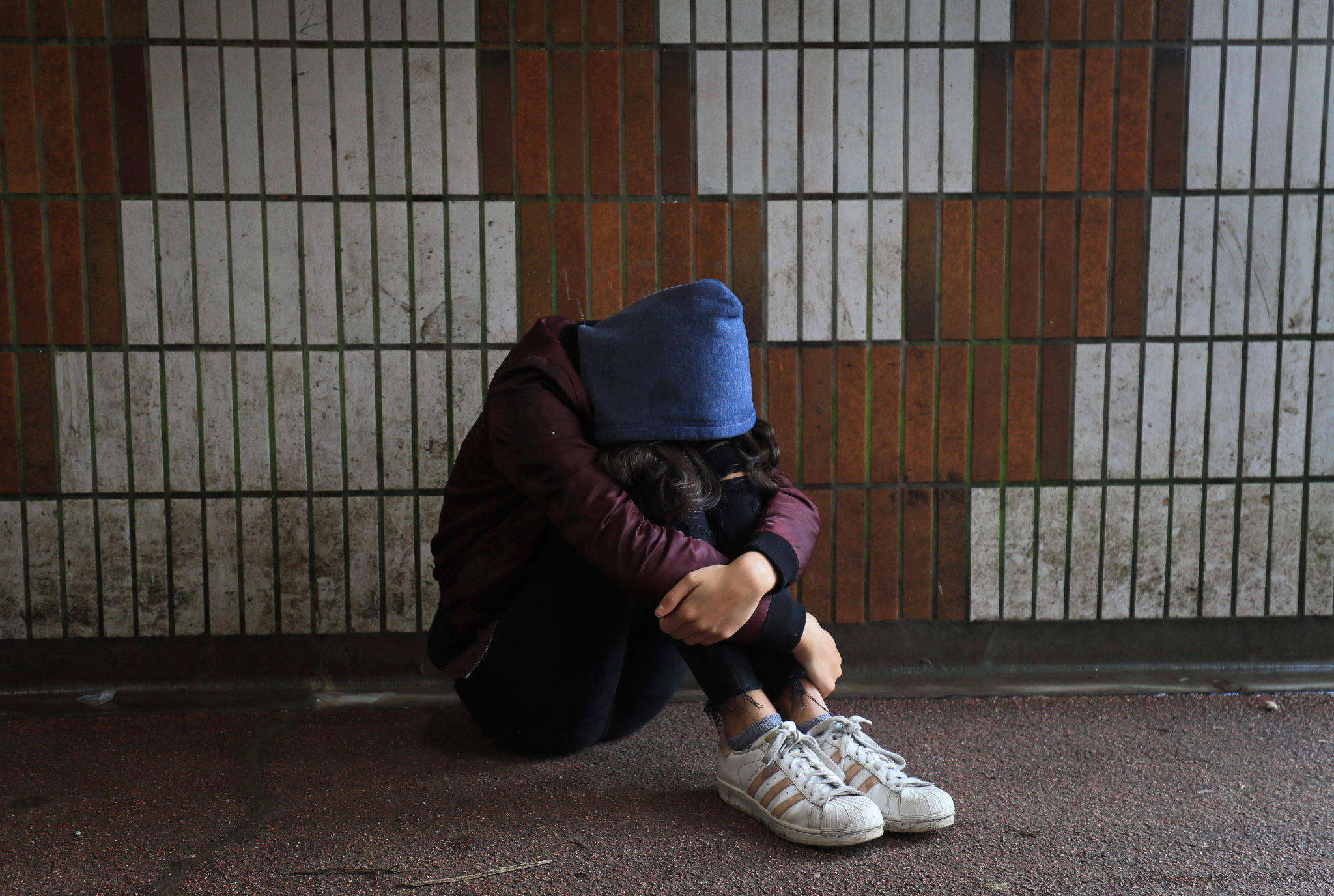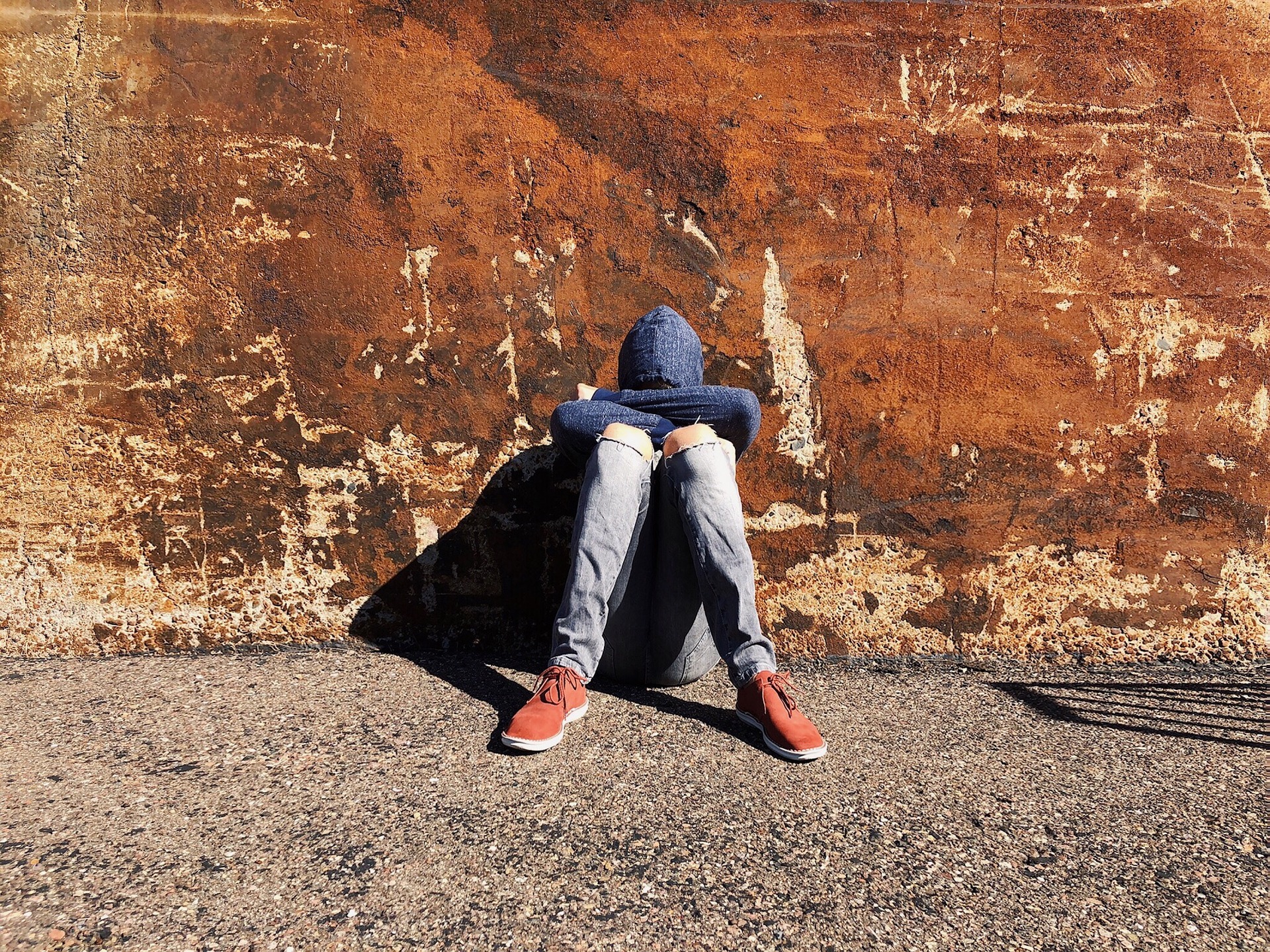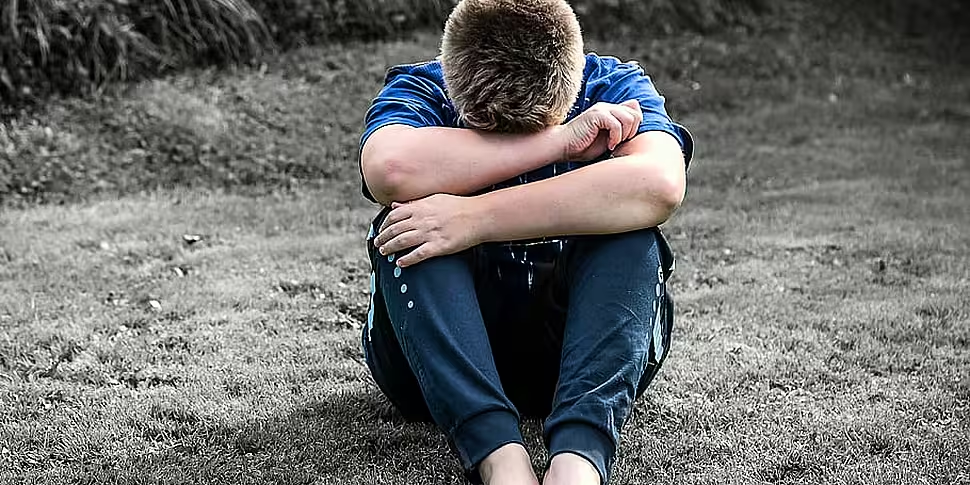On this week's 'Parenting' segment on the Moncrieff show, one listener sought advice on how to help their teenage son who is self-harming.
Joanna Fortune, a psychotherapist specialising in child and adult psychotherapy, offered some guidance.
Listener question
Can you Joanna how to deal with a 13-year-old who is self-harming, cutting arms with a knife. He threatened to repeat the behaviour if he doesn't get his own way, such as wanting to keep his phone all night.
He hasn't had medical treatment for injuries but I'm afraid it will escalate. We've hidden the knives but he finds other sharp items, what can we do?
Joanna Fortune's advice
"I just think not much else will trigger the level of panic and anxiety in a parent than discovering your teen or your child has been self-injuring or self-harming does, I think it's one of those things that really gets us as parents, you know, 'Oh my goodness, my child who I love and adore and do everything to protect is hurting themselves'. It's so hard to deal with and so anxiety-provoking. Unfortunately, it's actually quite common in this age group and I don't say that to minimise it because it is very serious.
"The cause and the motivations can vary widely, so the why is he doing it will take a lot more questions from me before answers. What I would say is that even if you're clearly saying these were superficial cuts, they were still self-harming behaviour. While he hasn't required medical treatment I would strongly assert that he does need some psychological support and help, even to break that cycle of self-harm, even to break this kind of cause and effect piece of, 'If you don't give me what I want, then I'm going to do this'.
"There's so many things can do if they're not pleased with a parental decision or 'if you don't let me do what I want to do'. This is a very particular type of behaviour, so to break that self-harm cycle I would strongly encourage you to reach out to your GP, seek a referral to CAMHS, the Child and Adolescent Mental Health Services, and/or seek some private support if the waitlists are too long. I would still advise you to do that.
 File photo. Credit: Gareth Fuller/PA Archive/PA Images
File photo. Credit: Gareth Fuller/PA Archive/PA Images"If anyone else has a concern about their teenager's mental health or ability to keep themself safe, you could also reach out to Pieta House as well or services like that who can provide some crisis counselling while you're waiting for maybe longer-term intervention to kick in.
"How we define this is self-harm is basically anyone who deliberately hurts themselves as a way of coping with painful or really strong or overwhelming feelings. it's typically a sign of deep distress so that's why I would say even if the cuts haven't been medically worrying or very worrying, the behaviour itself is because it's indicative of deep distress. and an inability to cope with strong feelings or overwhelming feelings.
"It basically takes, from a parental point of view, support, time, patience, acceptance, empathy, it takes all of that so in order to provide that I would also encourage as parents to reach out to your own network, informal supports like friends or family members or more formal supports, again via your GP and mental health services.
"It takes a huge collaborative effort for someone to move from self-harming to self-supporting strategies, it's not an easy pattern to break. I think it can be helpful to bear in mind that while it's scary for you as a parent, it's also really scary for your teenager. This is about something else, so they may be holding on to feelings of shame, fear, regret or even deep sadness of their own, so be there to listen and think and feel it through together, but very much get help with this.
 File photo. Credit: Pixabay
File photo. Credit: Pixabay"Say to your teenager that this is serious and you take it seriously and you are going to be reaching out for help. No matter what he's threatening, the only caveat I would add is you don't want to reinforce a belief that 'actually, I can do this as a way of controlling you'. Control does serve a function too in this type of behaviour, it's not the primary thing but it can.
"So when he says, 'I'll do it if you don't give me something', you don't give in, you cannot give in. You can do a lot of, 'I really don't want you to do it, it really worries me that you would say that and that's where your mind would go and that's why we're going to get some help, but I'm not giving you the thing you're demanding from me'. Because otherwise, that's going to escalate and reinforce that 'this is an effective way of getting what I want', and you don't want that behaviour to get any more entrenched than it is."
You can find out more information on CAMHS here. You can also contact Pieta House here.









